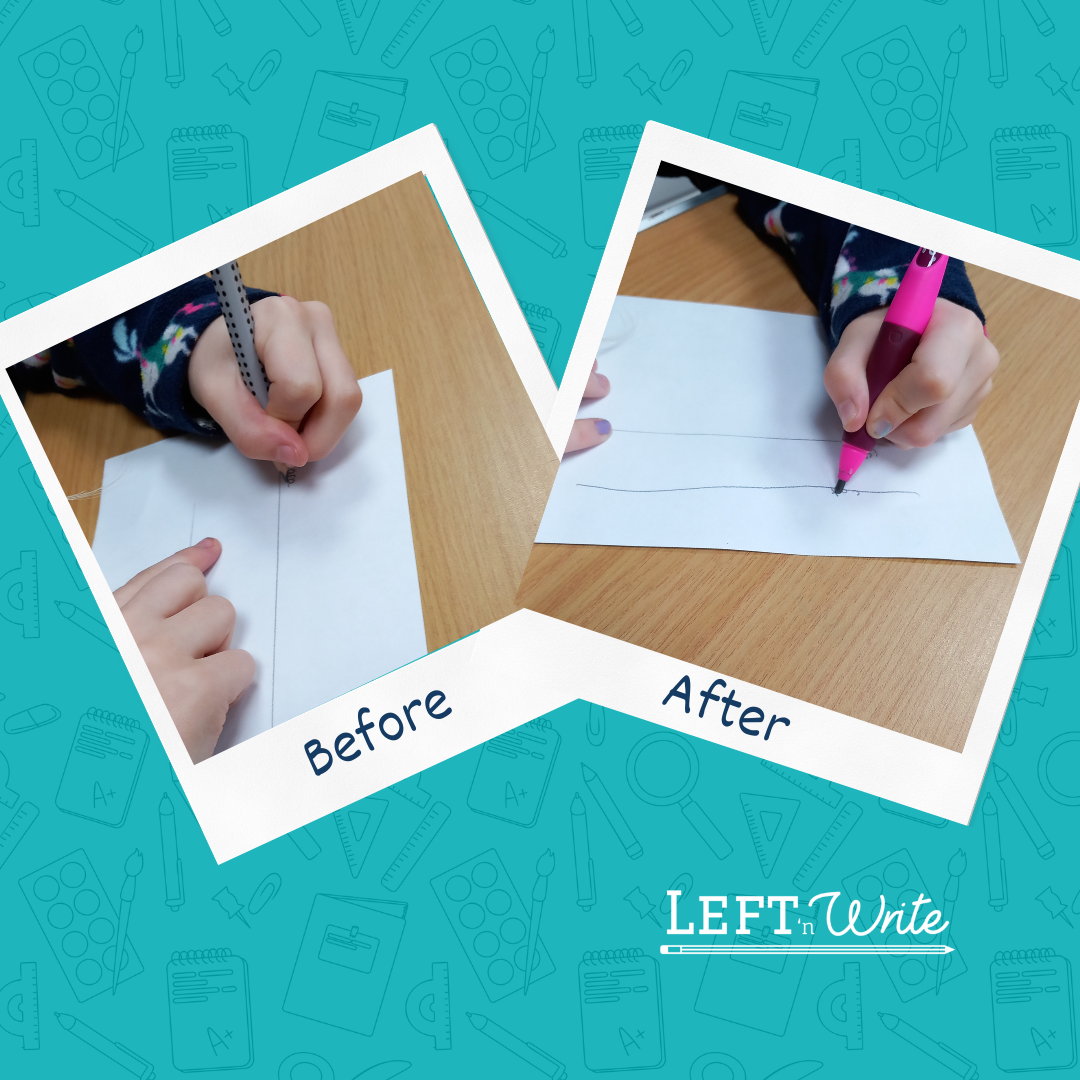
One very refreshing aspect of working with Nudge Education was that we were encouraged to show up with love.
The kind of love that says, I see you as you are and I accept you.
The kind of love that says, I believe that you are doing the best you can with the tools you have available to you and I want to help you grow your toolbox.
The kind of love that says, what’s happened to you isn’t your fault, and I know that you find it really hard to trust but I am going to show you, through my actions, that it is possible to practise that again.
I don’t think I have spoken to a single tutor in our community who doesn’t love what they do. Sure, there are times when it’s difficult to show up to work, we get worn down by all of the things beyond our control. Sometimes we find it really hard to show up for that particular student who displays the most unloveable behaviour, often in an attempt to feel like they matter to somebody.
The difficult thing about love is that it isn’t easy. A tautology if ever there were one.
Love doesn’t much take to being stuffed into forms, which is what everybody’s fantasies and imaginings are: custom-built plans for a constructed individual they’ve created to solve all their problems. Your authors have dream lovers, too – but people are not made of clay or stone, and it won’t work well to approach them with a chisel.*
Why bring up this wishy-washy nonsense, Jack? Well, dear reader. I don’t believe it is wishy-washy, or nonsense!
We can directly relate this quote to our students, our imaginings for our students are probably built around the tangible outcomes we want for them; a high grade, entry to a top school, tools for managing their mental health. The constructed individual is the fixed perception we have of our student, based on how they present to us in the short time we see them during the week and the other information we have acquired through testing, parents and other professionals.
So, how do we respond when the student breaks out of the mould we have built for them? It isn’t easy to recognise that the students we work with have their own set of needs, but loving the work we do – and by proxy, loving the students we work with – means accepting them as complete human beings. Approach them with a question, ‘What do you need?’, ‘How can I help?’. Stay open to the possibility that they might know what they need.
People don’t take kindly to being chiselled.
_______________________
*Chapter 6: Building a Culture of Consent. Easton, D. and Hardy, J.W. (2017). The Ethical Slut : a practical guide to polyamory, open relationships and other adventures. 3rd ed. California: Ten Speed Press.
Recommended Posts
Empowering Tutors: The Transformative Benefits of Being a Qualified Tutor Member
What are the benefits for being a Qualified Tutor Member? Hear from our community of what they have experienced as a part of the membership Qualified Tutor provides to them as business owners and indpendent tutors.
Handwriting for left-handed children (and adults!)
Left-handers just do a mirror image of right-handers. don't they? It's all very simple and straightforward. Well actually NO! It really isn't as simple as writing the opposite way round to a right-hander. I suggest that you try writing yourself: do it slowly to...
Nurturing Excellence: The Art of Tutor Supervision and Reflective Practices
In the ever-evolving landscape of education, the pursuit of excellence is not merely a goal; it's a continuous journey. In this exploration, we delve into the crucial yet often undervalued realm of tutor supervision and the transformative power of reflective...



0 Comments